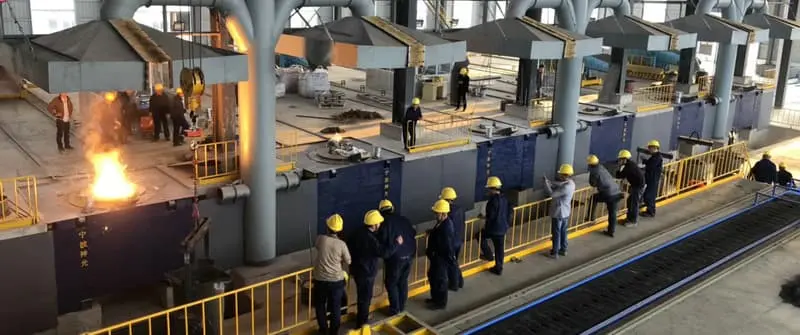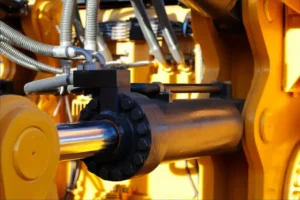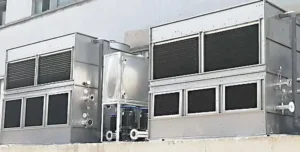Ang pagpepresyo para sa mga pugon ng induction ay maaaring mag iba nang malaki batay sa laki, Paglalapat, at pagsasaayos.
Small-Sized Induction Furnace
Price Range: roughly $500 to $15,000 USD.
Applications: These are typically used for smaller-scale operations such as:
Laboratory research: Melting small amounts of metal for testing, analysis, or material science.
Small foundries: Ideal for low-volume production or for melting low-melting-point metals like aluminum, zinc, or copper alloys.
Prototype development: Suitable for R&D applications where small batches or experimental materials are involved.
Typical Features:
Lower power ratings (often up to 50 kg or 100 kg capacity).
Basic power supplies and induction coils that provide efficient but relatively small-scale heating.
Often less automated than larger models, focusing on manual operation or semi-automatic processes.
Medium-Sized Induction pugon
Price Range: roughly $15,000 to $150,000 USD
Applications: These are used for more substantial industrial applications, including:
Metal forging: Heating metals for shaping or forging processes in industries like automotive or aerospace.
Lunas sa init (hal., quenching, paghina ng loob): Widely used in steel manufacturing and processing, such as hardening, paghina ng loob, or annealing processes.
Small-to-medium scale casting: Foundries casting a range of metals for parts or products.
Typical Features:
Capacities range from 100 kg sa 1 ton.
More advanced cooling systems and power supplies for stable operation.
Often comes with more automation, including automatic temperature control and process monitoring systems.
Higher efficiency with more precise control over the heating process, resulting in better product quality.
Large-Sized Induction Furnace
Price Range: roughly $15,000 to $500,000 USD or more.
Applications: These are typically used in large-scale industrial operations and high-volume production environments, including:
Large-scale metal melting: For melting larger batches of metals such as steel, cast iron, or alloys in heavy industries like steelmaking, foundries, or metal recycling.
Heavy forging and casting: Used for producing large industrial components, such as automotive or aerospace parts, heavy equipment, or structural steel components.
Highly automated systems: Often found in continuous production environments where high throughput and process consistency are critical.
Typical Features:
Large capacity, often exceeding 1 ton or more.
High power ratings (often 1000 kW or more) for efficient, rapid melting and processing.
Fully automated systems with advanced controls for precise temperature regulation, safety monitoring, and energy efficiency.
Typically integrated with modern automation technologies such as programmable logic controllers (PLCs) and industrial network systems for seamless operation.
Enhanced cooling systems to maintain operational stability under heavy-duty conditions.








